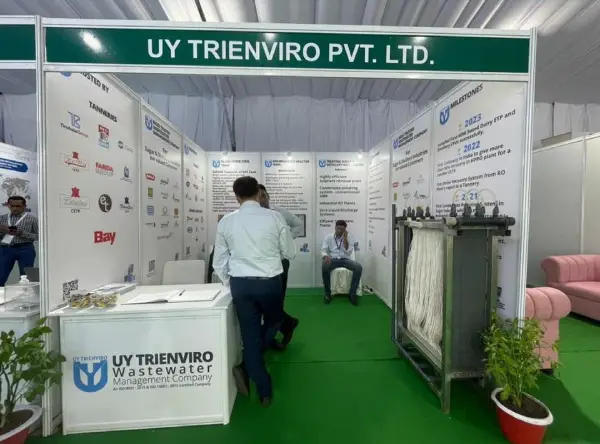The industrial sector is a major contributor to wastewater pollution. The discharge of untreated or inadequately treated wastewater from industrial facilities can have serious environmental and health consequences. This is why the industry needs proper wastewater treatment facilities.
Wastewater from industrial facilities can contain a range of pollutants, including heavy metals, organic compounds, and toxic chemicals. These pollutants can have harmful effects on aquatic life, soil quality, and human health. For example, heavy metals like lead and mercury can accumulate in fish and other aquatic organisms, making them unsafe for human consumption. Organic compounds like benzene and toluene can cause cancer and other health problems.
Proper wastewater treatment facilities are designed to remove or reduce these pollutants before the wastewater is discharged into the environment. There are several types of wastewater treatment processes, including physical, chemical, and biological treatments. These processes can remove pollutants through sedimentation, filtration, oxidation, and other mechanisms.
The benefits of proper wastewater treatment facilities are numerous. First and foremost, they protect the environment and human health by reducing the amount of pollutants discharged into the environment. This helps to maintain water quality, protect aquatic life, and prevent soil contamination. Additionally, proper wastewater treatment facilities can help industries comply with environmental regulations and avoid costly fines and legal action.
Moreover, wastewater treatment facilities can also provide economic benefits to industries. By treating wastewater on-site, industries can reduce their water usage, save on water bills, and even recover valuable resources from wastewater. For example, some industrial facilities use wastewater treatment processes to recover metals like copper and silver from wastewater, which can be sold for profit.
In conclusion, the industry needs proper wastewater treatment facilities to protect the environment, and human health, and comply with environmental regulations. These facilities can also provide economic benefits to industries by reducing water usage and recovering valuable resources. It is essential for industries to invest in proper wastewater treatment facilities to ensure sustainable and responsible operations.







